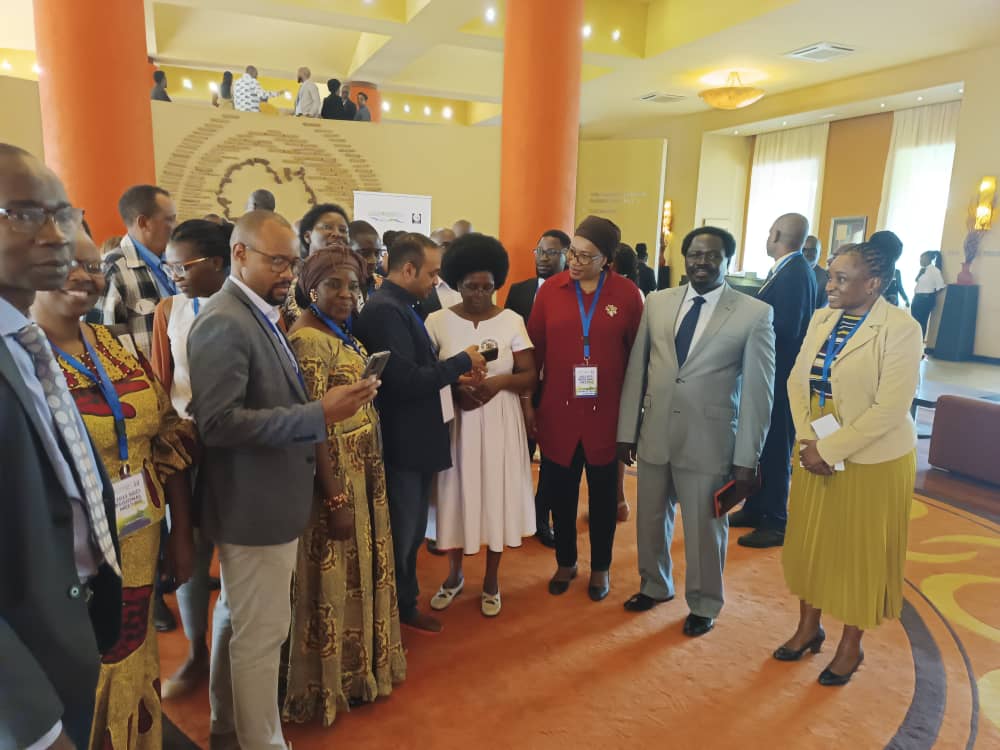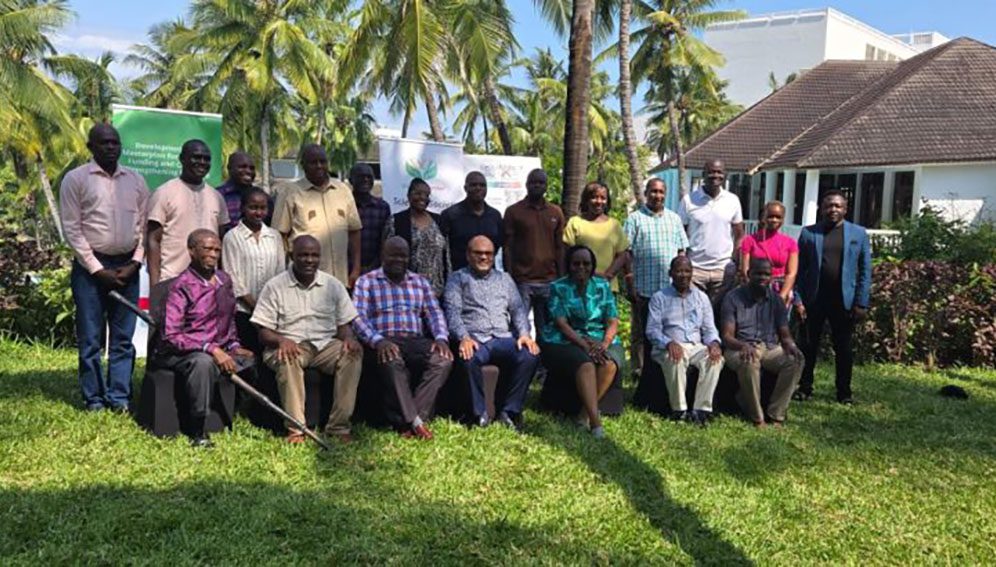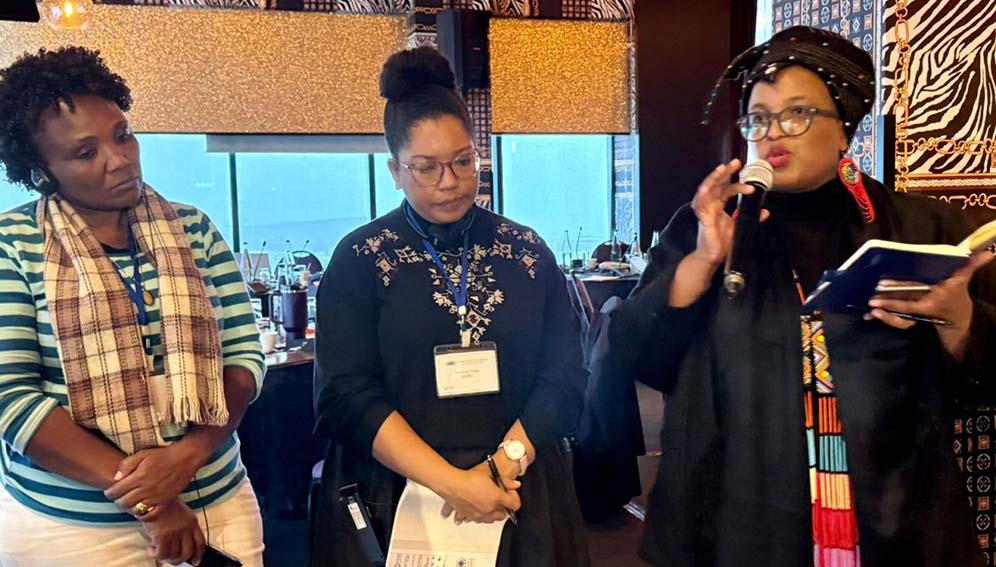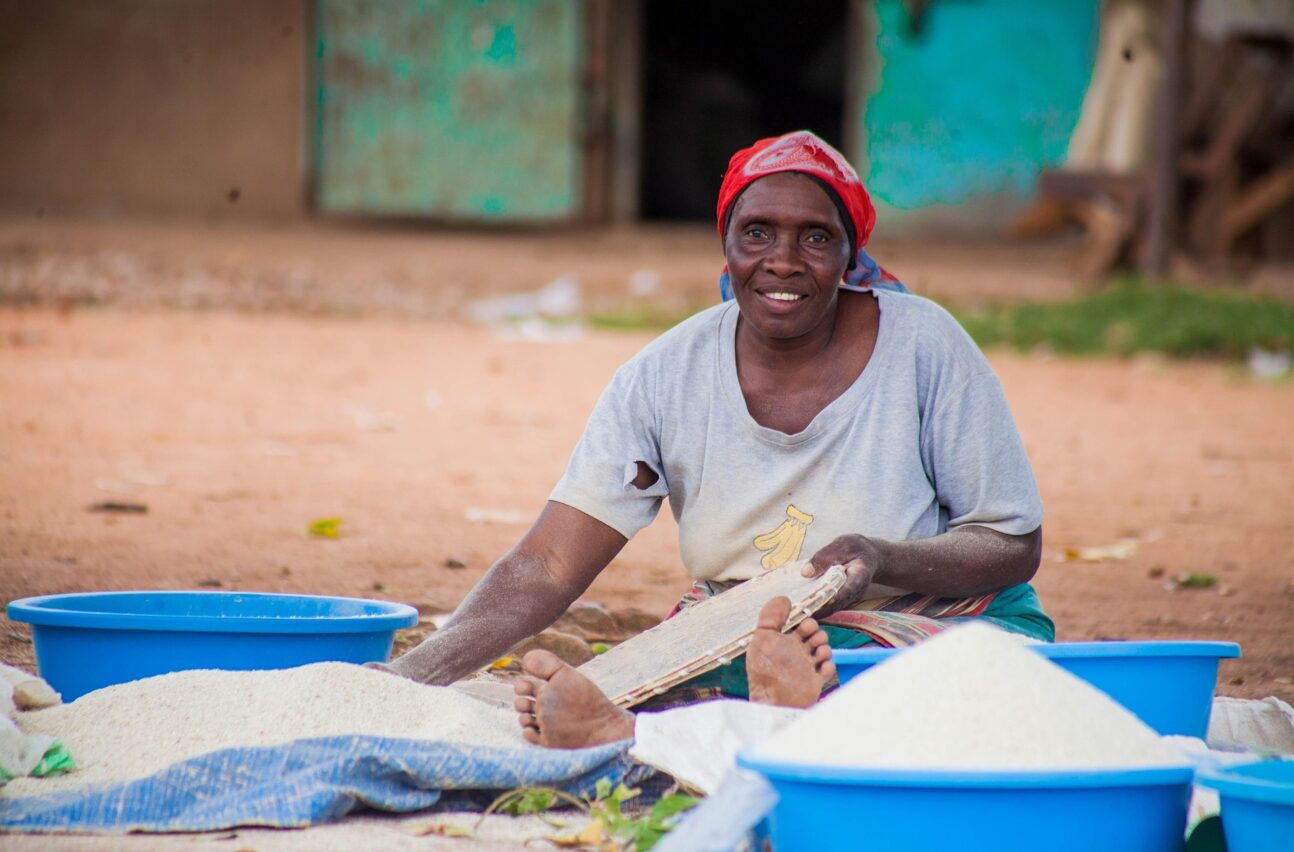SGCI News
Only a quarter of Uganda’s PhD holders over the last decade were women Reforms are needed to aid gender inclusivity in science, technology and innovation (STI) Private sector involvement…

| Only a quarter of Uganda’s PhD holders over the last decade were women |
| Reforms are needed to aid gender inclusivity in science, technology and innovation (STI) |
| Private sector involvement in STI funding should be promoted |
[KAMPALA] Reforms are urgently needed to promote issues such as gender inclusivity and funding of science, technology and innovation (STI) research to accelerate Uganda’s transformation towards middle-income status, a report says.
The Ugandan National Research Output report was launched on 21 June at the regional meeting of the Science Granting Councils Initiative, which aims to strengthen the capacities of public science funding agencies in Sub-Saharan Africa.
The report highlights challenges such as gender differences in access to higher education in Uganda and inadequate support for STI funding.
“Between 2010 and 2020, less than a quarter (24 per cent) of Ugandan PhD holders were female,” says the report.
It adds that science, technology, engineering and mathematics education in the country is dominated by men, a situation that needs to change.
Policymakers acknowledge the role of science and technology for developing Uganda.
Masanza called for systems to be established to ensure that research contributes to sustainable development.
“Research in a high-publishing journal is not science [if it is does not benefit nations],” she said.
“Science is meant to help nations tackle poverty and underdevelopment.
“Any purpose that does not contribute to the national and continental goals to eradicate poverty and address under-development does not help us.”
‘Fast-track reforms’
Martin Ongol, acting executive secretary of the Uganda National Council for Science and Technology (UNCST), writes in the report: “Reforms in STI training, gender inclusivity, research funding options, the utilisation of research results by the private sector, and the harnessing of research collaboration, are among some of the critical enablers that should be fast-tracked.”
Some positive efforts to promote gender inclusivity in research were also highlighted in the analysis, however.
In 2019, the UNCST and the International Network for Advancing Science and Policy, a UK-based organisation, established the Gender Equity in Research Alliance (GERA).
GERA was registered as a non-governmental organisation in 2021 and currently has members in 70 per cent of universities in Uganda.
Identifying some of the challenges and solutions to investment in STI research, the report adds that Uganda’s publicly funded research budgets still remain “largely foreign-led”.
“New direct and/or indirect models of research funding need to be explored to incentivize private sector actors to invest in research,” the report says.
This work was carried out with the aid of a grant from the International Development Research Centre, Ottawa, Canada. The views expressed herein do not necessarily represent those of IDRC or its Board of Governors.
Related News
NRF Kenya leads first-ever national master-plan for research funding
The National Research Fund (NRF) Kenya is leading the development of the country’s first-ever Masterplan for research funding. The Masterplan is a strategic step toward transforming Kenya’s research landscape. Backed by strong government support and international partnerships, the Masterplan aims to align national research investments…
TETFund, Innov8 Hub showcase innovations at research demo day
The Tertiary Education Trust Fund (TETFund) and Innov8 Hub have concluded the Science Granting Councils Initiative (SGCI) Demo Day, an event that highlighted Nigeria’s growing capacity to transform academic research into market-ready solutions. TETFund, Nigeria’s representative council for SGCI, partnered with Innov8 Hub to support…
HSRC pushes for inclusive research systems at SGCI gender summit
The Human Sciences Research Council (HSRC) hosts the Science Granting Councils Initiative (SGCI) Gender Equality and Inclusion (GEI) learning summit and calls for a more inclusive research landscape. The event marked the culmination of a three-year project aimed at embedding gender equity and inclusivity into…
Research and Resources
SGCI funded projects
Zambia’s top researchers pioneer solutions for climate resilience, food security, economic growth
Project Titles & Institution Areas of Research Number of Projects being funded Project Duration Grant Amount In-Kind Distribution Council Collaboration with other councils





